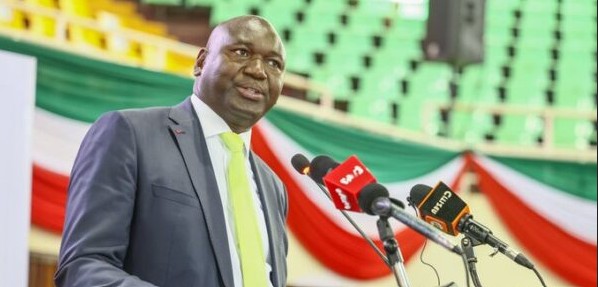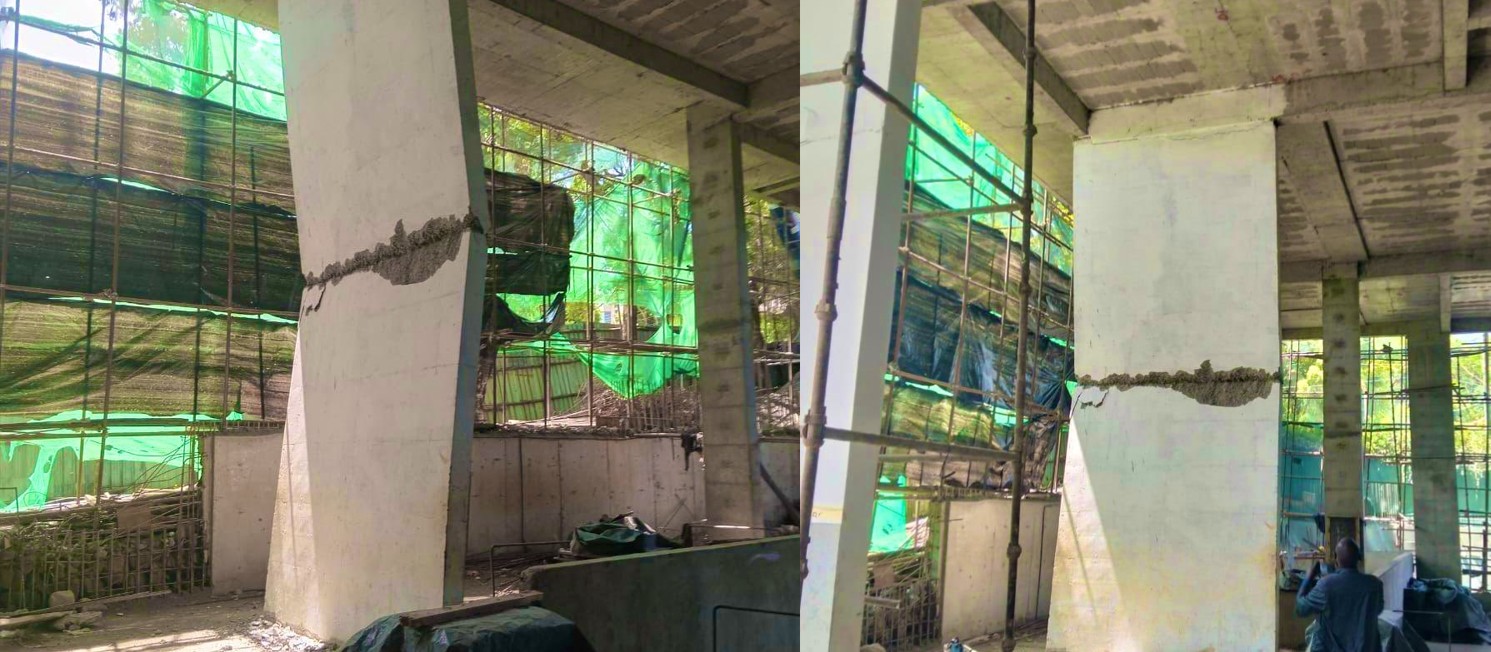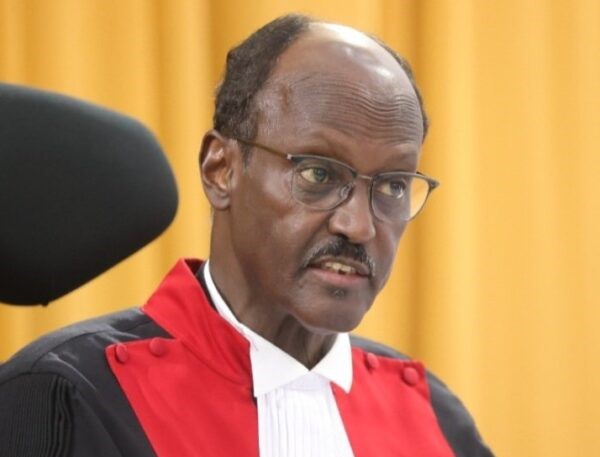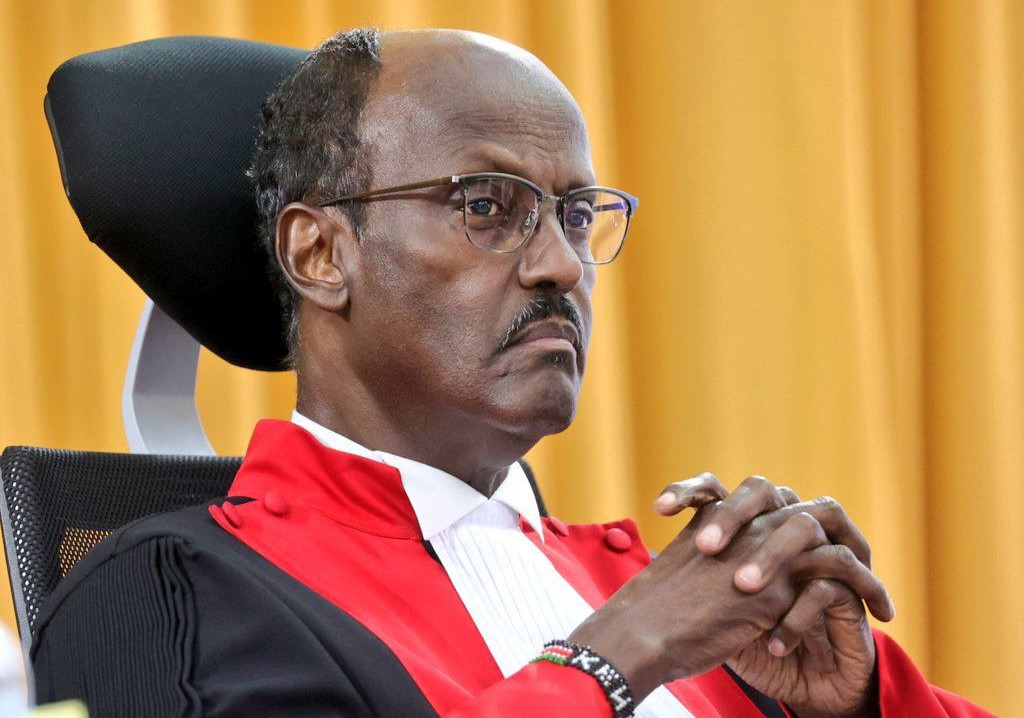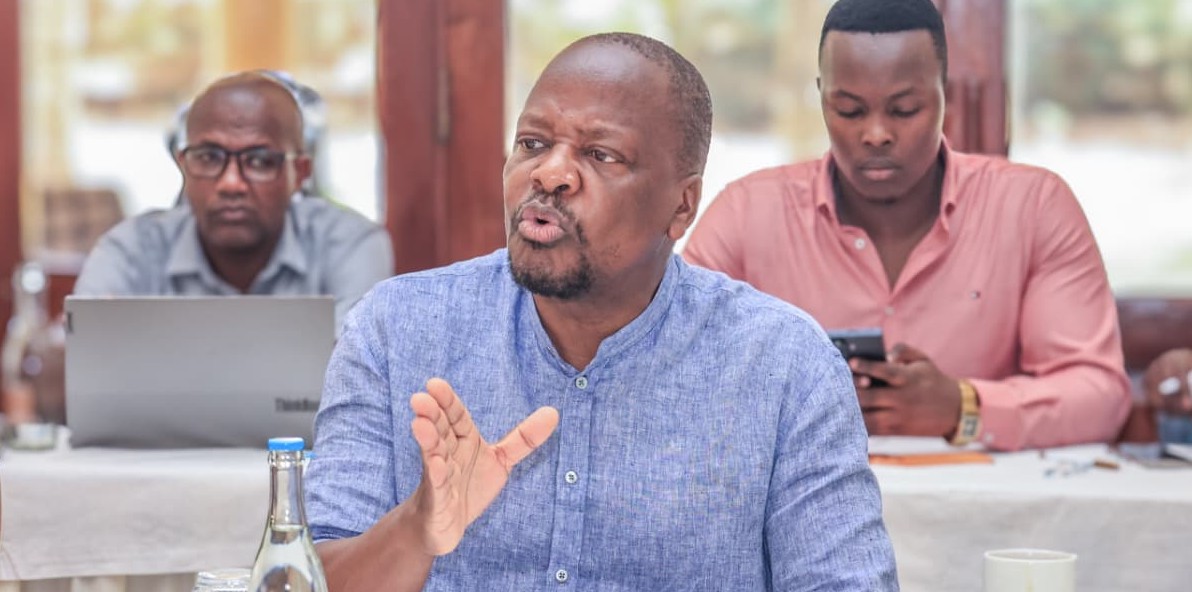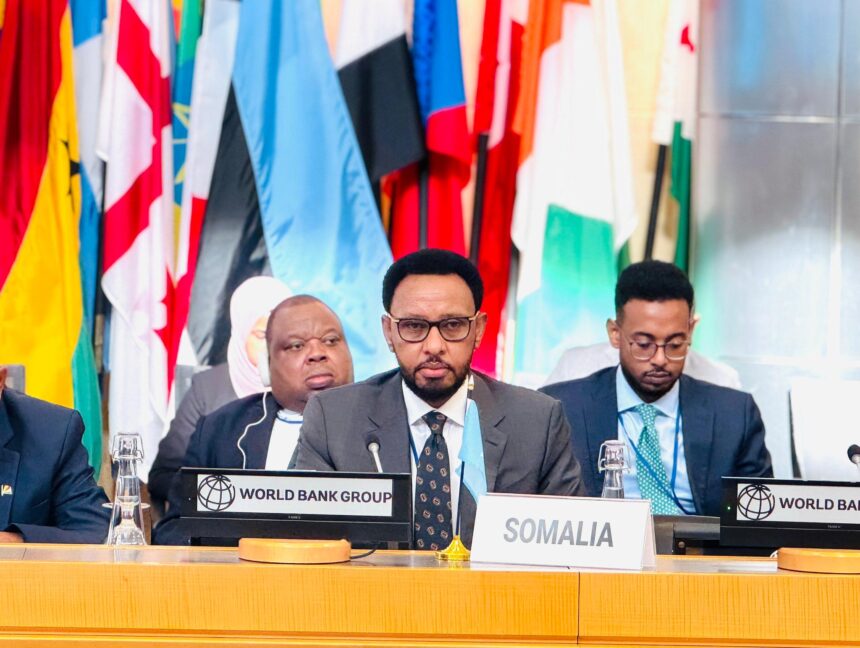School heads concerned over inadequate funds for building Grade 9 classrooms
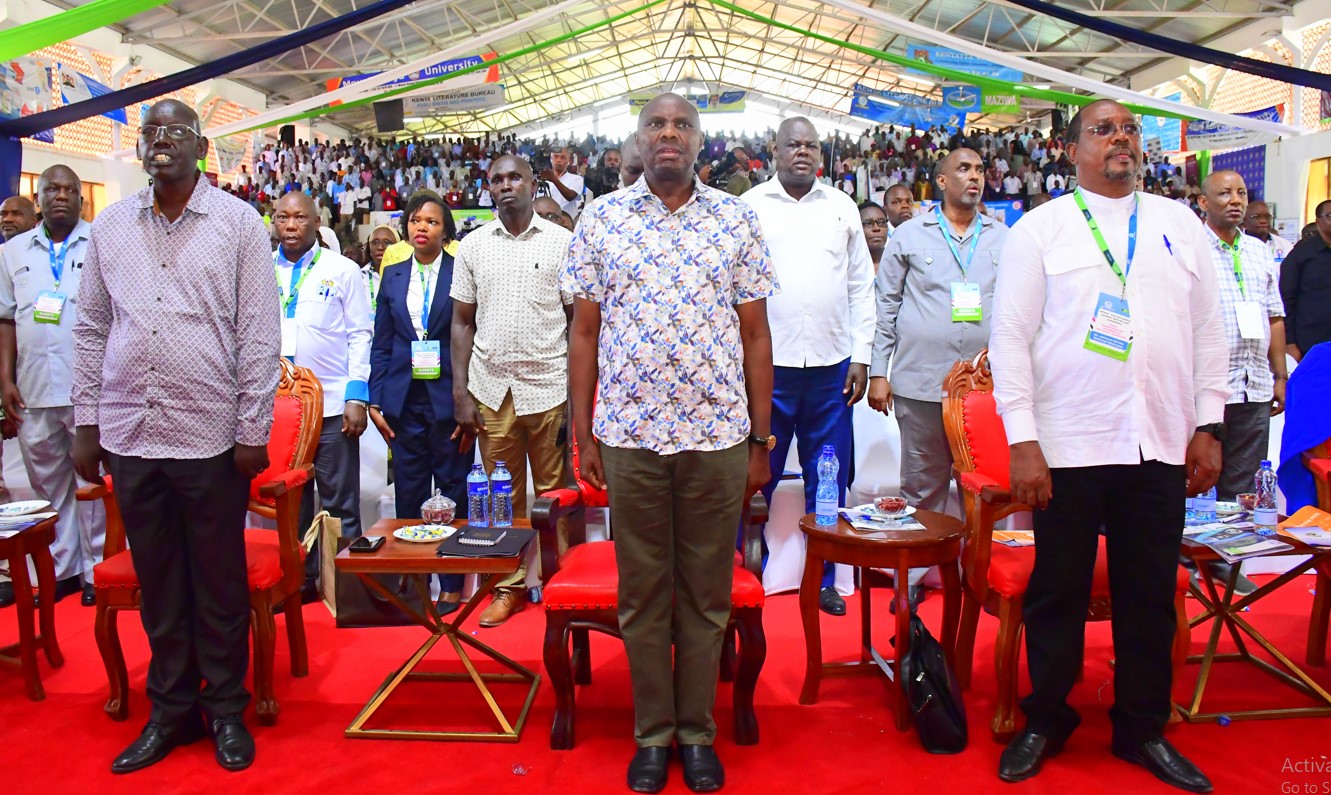
KEPSHA Chairman Johnson Nzioka said that the current allocation of Sh1 million per classroom is insufficient.
The Kenyan Primary School Head Teachers Association (KEPSHA) has voiced concerns regarding the funding allocated for building Grade 9 classrooms under the Competency-Based Curriculum (CBC).
KEPSHA Chairman Johnson Nzioka said that the current allocation of Sh1 million per classroom is insufficient, making it difficult for schools to meet their targets.
More To Read
- Explainer: How KJSEA 2025 results determine senior school pathways
- KNEC confirms Grade 9 repetition no longer allowed, advises focus on learner strengths
- Government raises primary school capitation by 58 per cent to Sh2,238 per learner
- Education Ministry pledges early capitation release for smooth start to new term
- Government urged to fast-track transition of basic education institutions to comprehensive schools
- CBE curriculum spirit alive in Eastleigh as parents lead new wave of youth football development
During KEPSHA’s 2024 annual conference in Mombasa, Nzioka called for an increase in future funding allocations, explaining that the one-million-shilling cap strains schools struggling to provide adequate space for the growing number of students.
“We are in the process of Grade 9 classroom construction, some complete some at different stages, and we trust and believe at the end of the year we will all have enough space to accommodate Grade 9 learners. We want to assure you that, as KEPSHA, we will not leave any child behind and ensure a 100 per cent transition from Grade 8 to 9. However, we want to request that in future, the budget set aside for construction should be reviewed upward because we have been on the ground and the one million shillings set aside is very strenuous to achieve. If there could be some adjustments we shall appreciate,” he said.
He said in some areas, Grade 8 is already congested with big numbers in one room.
“We would not like to have congestion and have big numbers in Grade 9. When the year starts we need more classrooms,” said Nzioka.
The primary school head teachers urged the government to also push for the implementation of the presidential working committee proposals.
“The capitation fund which has been going to primary schools has been very minimal for the last few years. Now that the presidential working committee saw fit to propose an [increase in] capitation, I wish it could be implemented so children in primary schools get a better share of what we have,” Nzioka stated.
KEPSHA is also calling for the promotion of head teachers in primary schools, stating that they have proved to be worth it.
According to Nzioka, the head teachers have carried out the responsibility of CBC implementation professionally and overseen the take-off of junior schools.
“The big question is how we can appreciate the head teachers. We do not know whether they are principals or heads of institutions but at a certain stage, we have to grab the name principal. We are pleading for endorsement and the kind of work they are doing they will be better.”
KEPSHA also wants more funding for school feeding programmes in arid and semi-arid areas, and the improvement of boarding facilities.
“Funding of feeding [programmes in] these schools will go a long way to ensure learners in the hardship areas are kept in school,” Nzioka said.
Head of Public Service Felix Koskei noted that while one million shillings is not enough for each institution, the schools should seek expert assistance from TVETS in terms of supervision and designs to ensure the cost of building classrooms is minimised.
Koskei urged the school heads to be vigilant and ensure no money is lost.
Education Principal Secretary Belio Kipsang acknowledged the critical role primary schools play in the CBC system, expressing gratitude for the support given by head teachers in ensuring a smooth transition from primary to junior secondary schools.
“At the beginning of 2023, we were worried but you stabilised the ship. The primary school level plays a crucial role in the new curriculum because CBC nurtures the potential of every learner. I thank the head teachers for the support they have given in the transition from primary to junior school. We are making critical progress in making sure the construction of more than 16,000 classrooms is done with efficiency. I visited quite a number of schools in Mombasa and Kilifi some of the classrooms are ready for January,” said Kipsang.
Teacher Service Commission (TSC) Chairman Jamleck Muturi assured attendees that the recruitment of teachers is ongoing, with additional staff expected to report to classrooms by January 6.
Dr Purity Ngina, CEO of the National Gender and Equality Commission, called for initiatives to bridge the gender gap in access to technology and leadership roles within schools.
Noting that internet access among women is still significantly lower than among men in Kenya, Ngina called for collective efforts to shift societal perceptions and empower both girls and boys equally.
Top Stories Today




